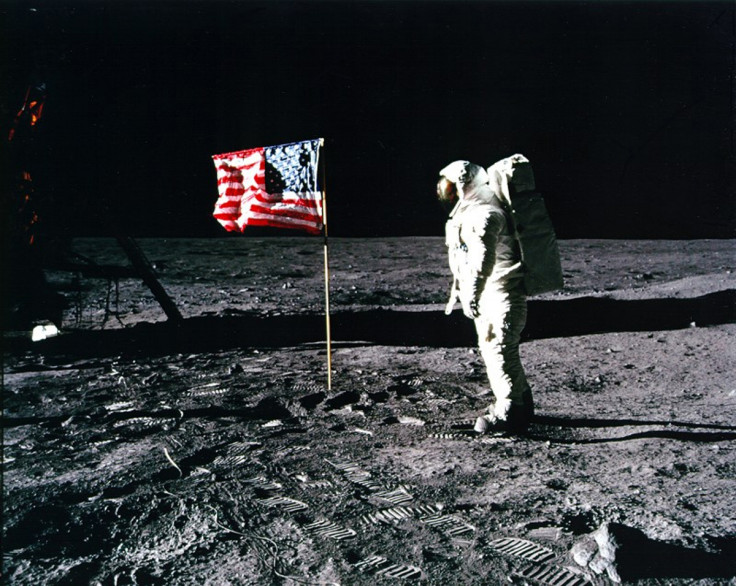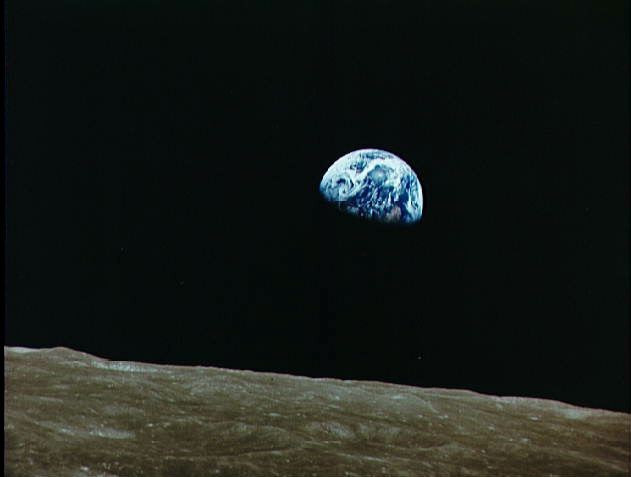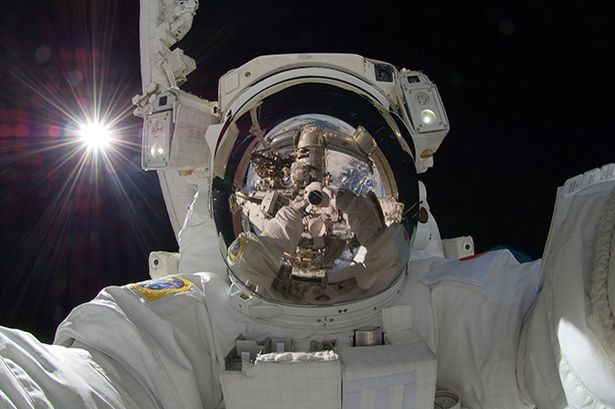Moon Landing Anniversary: The Psychology of Space Travel for Returning Astronauts

Forty years after Neil Armstrong and Buzz Aldrin landed on the moon with the Apollo 11 mission, it emerged Nasa had neglected the astronauts on their return.
The 2009 report in Time magazine found that although the men were screened extensively for emotional problems before the mission, they were not monitored afterwards. J D Polk, the-then chief of medical operations at Nasa, said that while he was not sure of practices in the 1960s, "we do much more to lend assistance to astronauts now".
The psychological effects of space travel on astronauts are wide-ranging – from anxiety and depression to euphoria. Dr Steve Taylor, senior lecturer in Psychology at Leeds Metropolitan University, said many astronauts had profound spiritual experiences while in space: "When they came back to Earth it was as if they were living a new life with a new set of perspectives and values," he told IBTimes UK.
"A few of them had powerful spiritual experiences when they were on the moon and looking into space, they had a sense that the universe couldn't be accidental – it was too perfect."
In his book Out of the Darkness: From Turmoil to Transformation, Taylor spoke to astronauts about what happened while they were in space and how it had changed them. Two became born again Christians, one turned to volunteer work while another began writing poetry.
Taylor said astronauts tend to be very focused – like soldiers - and highly trained: "But they aren't really trained to take in the meaning of what they're doing.

"The interesting thing was that these were very scientifically minded people – not the sort of people you would expect to have a spiritual experience. They were hard-headed engineers, so it was quite surprising that many of them were affected in that way."
However, there is also a flipside. Some astronauts returning from space suffer from depression. Both Armstrong and Aldrin struggled after returning from the Moon – Armstrong was said to have been unable to cope with the fame the moon landing brought, while Aldrin famously discussed his battle with depression and alcoholism after the mission in his book Magnificent Desolation.
Speaking to the Guardian in 2009, he said: "I inherited tendencies in different directions [depression and an addictive personality] and those directions, if you feed them with a life of perfection and discipline and then remove that all of a sudden, it's probably going to go back to some of the more deep-seated concerns about self-worth and achievement. You did that as part of a team; what are you doing now? You get a job as a car salesman and you're a horrible car salesman. What does that do to a person's ego?"
While Taylor said his work focused specifically on the positive effects of space flight, he noted: "I guess that's connected to the anti-climactic after-effects. You could probably compare it to something like boxing – a lot of boxers who retire suffer from a sense of disorientation. They don't know what to do with themselves and become depressed.
"If you're an astronaut your whole life is geared towards a mission, and once the mission is over in a sense your purpose could be taken away from you."

In terms of the future of space travel and space tourism, with missions to Mars now being planned by Nasa and other national space agencies, Taylor said he believes more people travelling outside of the Earth's atmosphere is a "great thing".
He said that if space travel can have an "awakening effect" on astronauts, it could have similar effects on the general population too, giving them a better sense of appreciation: "One of our biggest problems as human beings is that we don't appreciate things and take things for granted. If you go to space and you're taken away from everything that makes up your life - taken away from life itself – when you come back and you appreciate everything."
He also believes it could lead to a more peaceful planet: "I think it would even help to alleviate some political difficulties – the nationalism that people have that make them feel rivalry towards other national groups and creates divisions in countries.
"When you travel to space you realise there are no divisions because there are no countries – just sea and land. Travelling into space would help create a planetary awareness, bending the divisions of nationality."
© Copyright IBTimes 2025. All rights reserved.






















